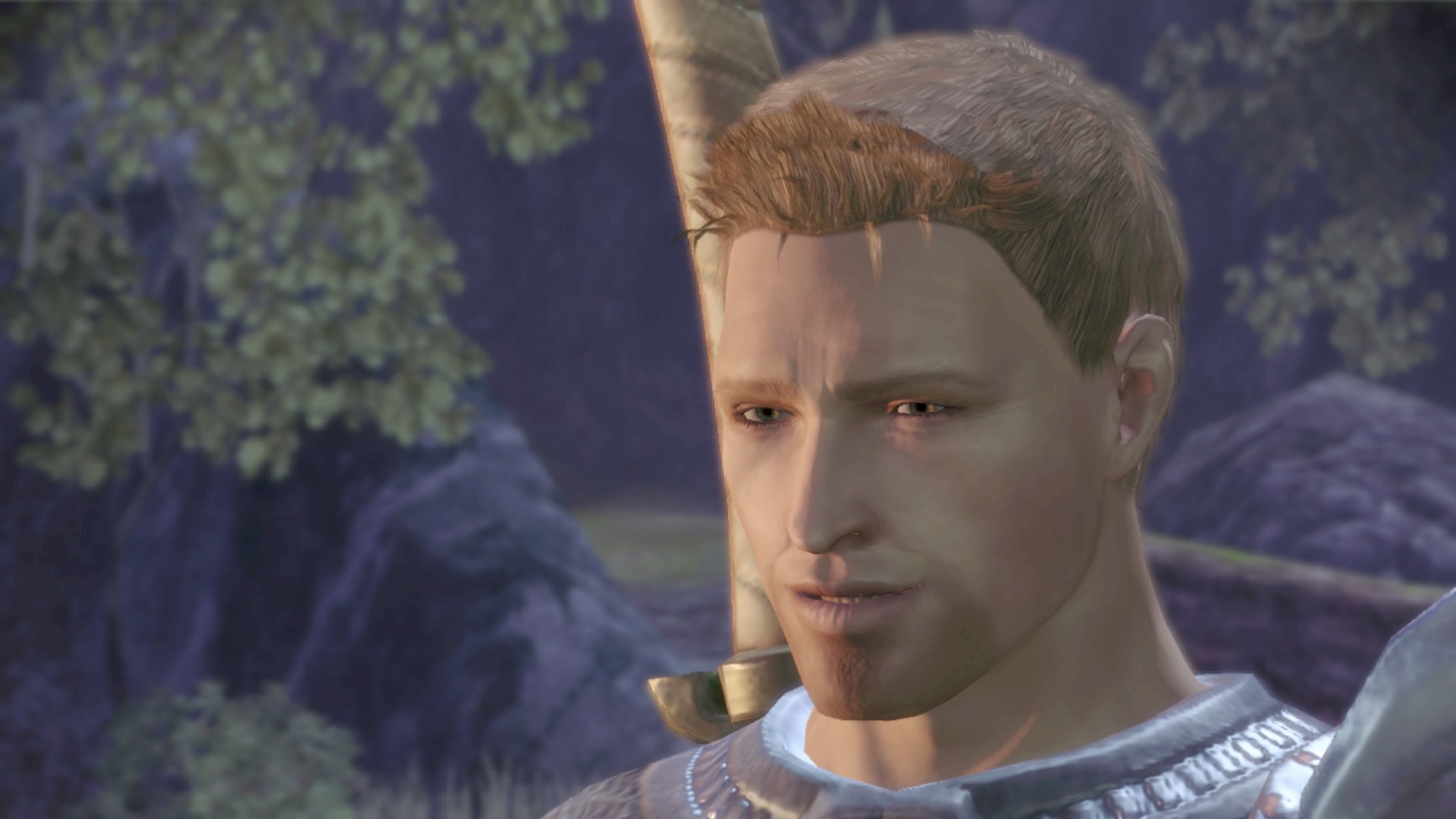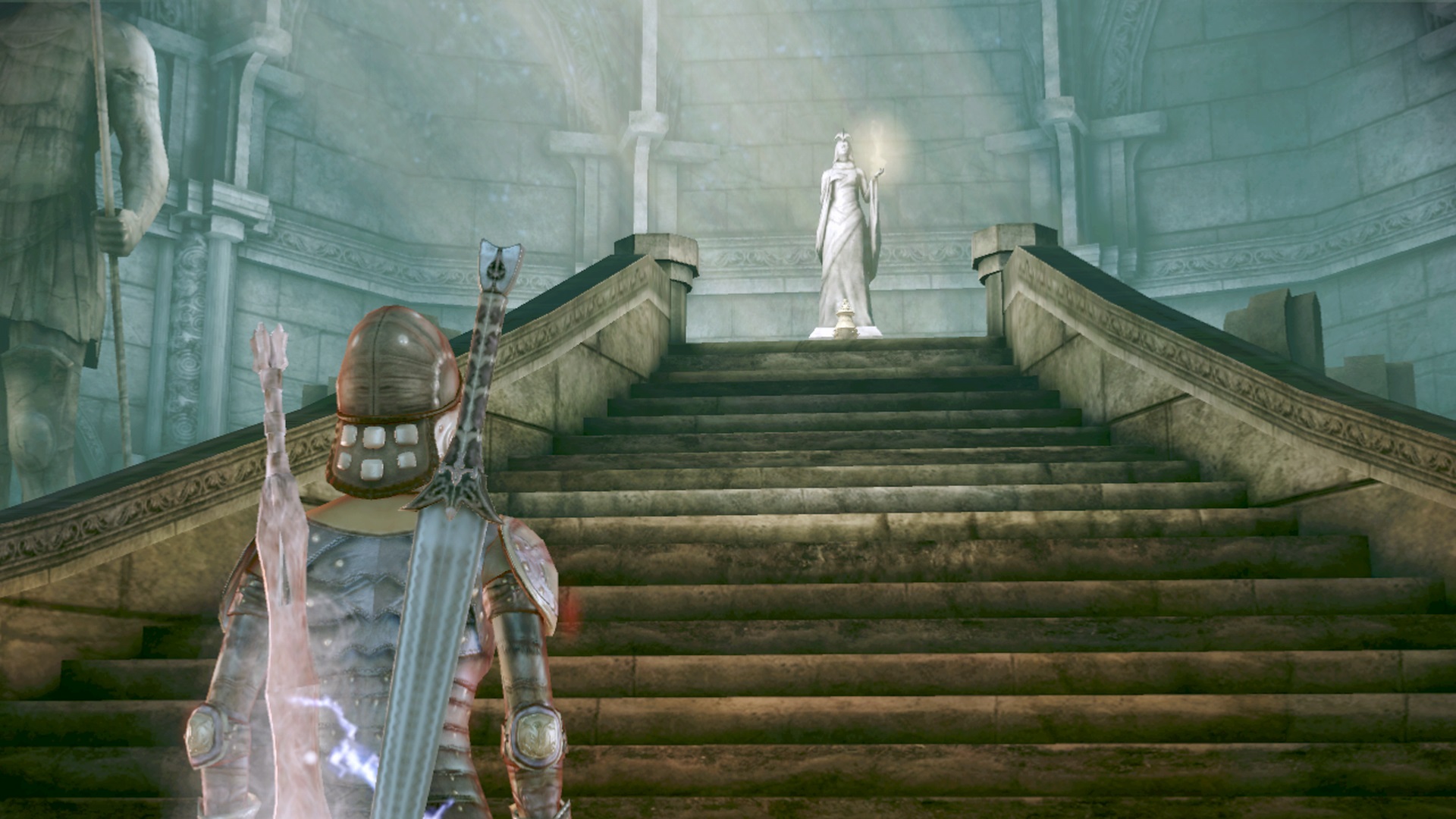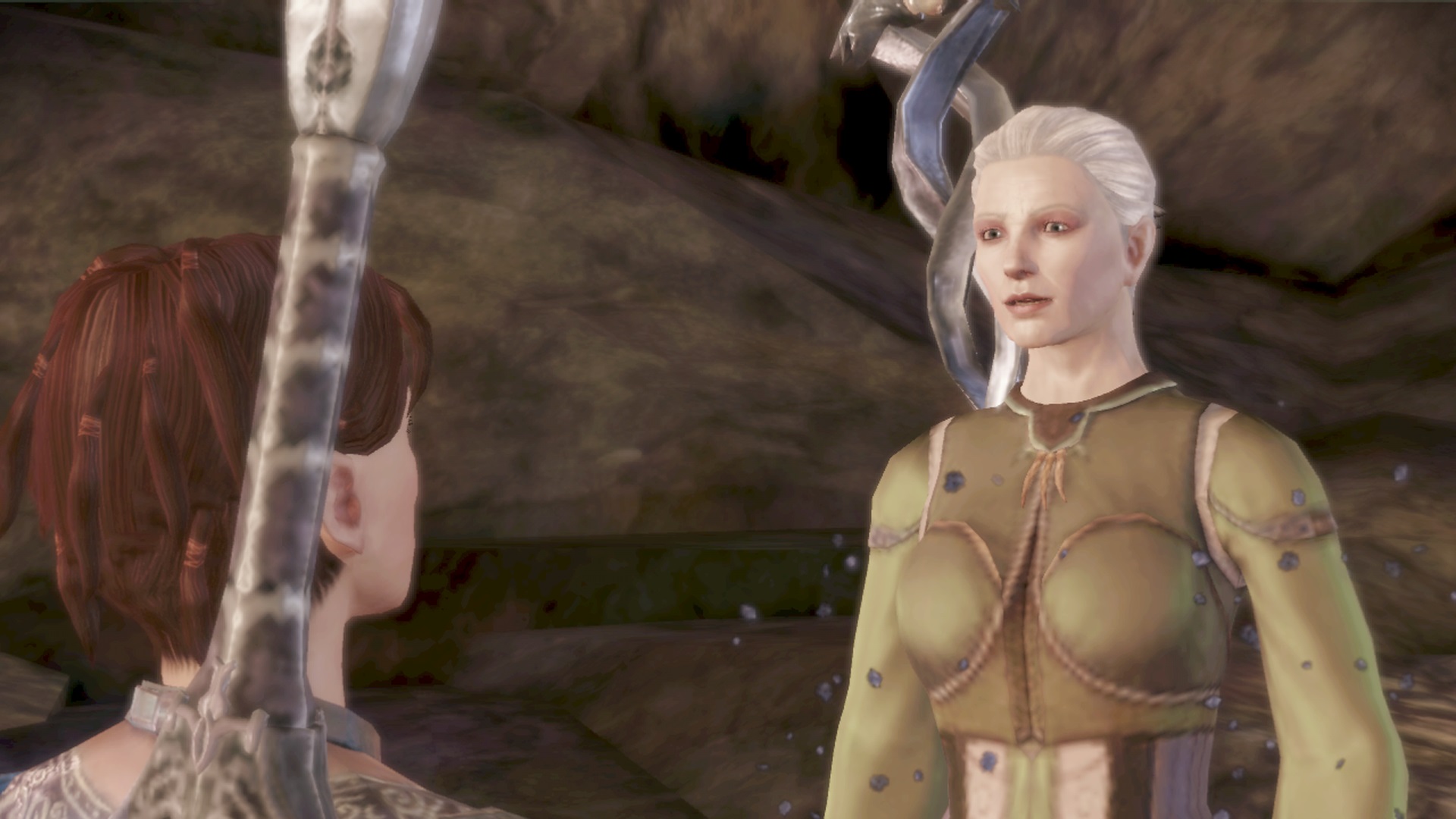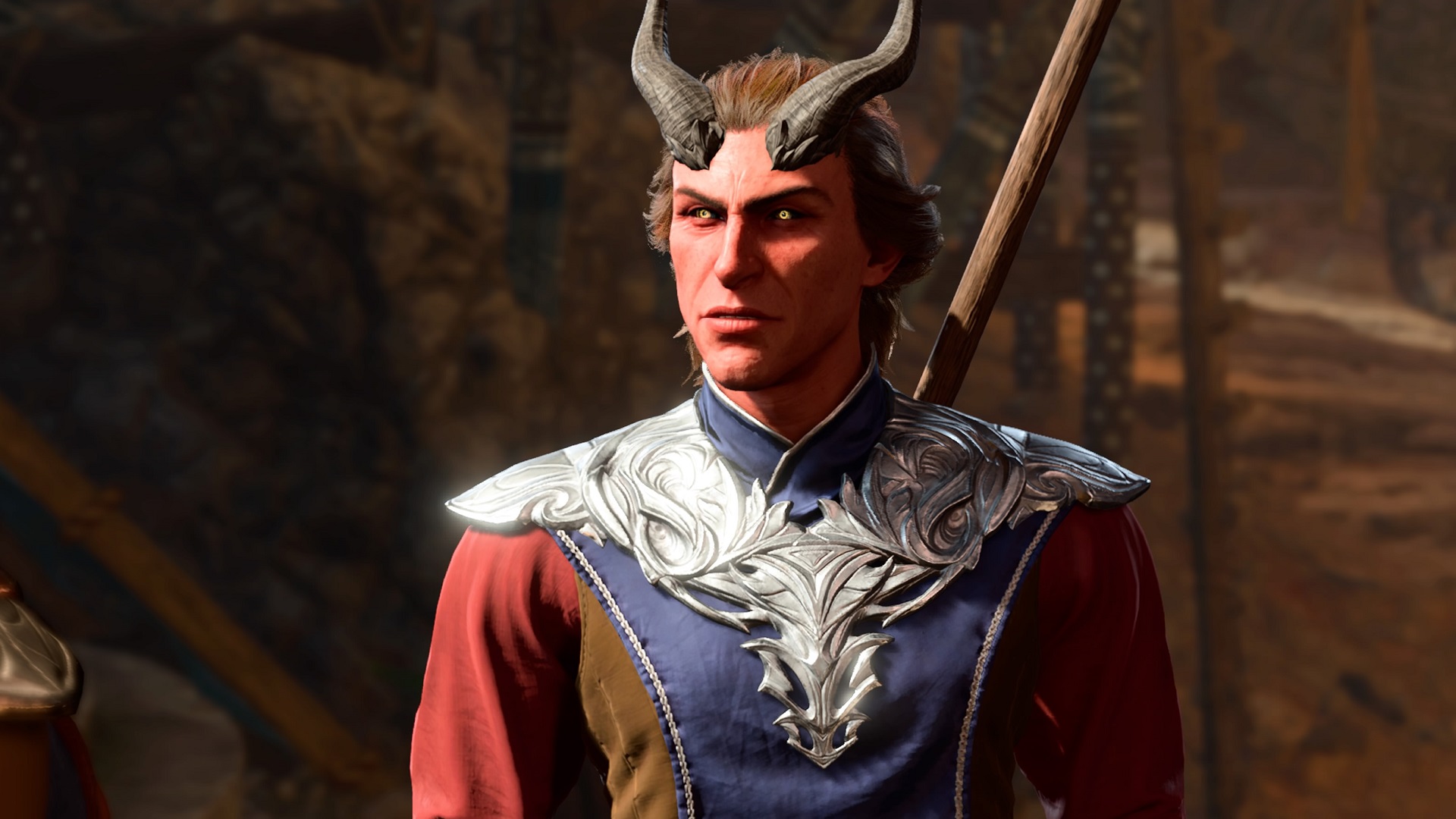After 6 Baldur's Gate 3 playthroughs, I've returned to the choice-heavy game that kickstarted my love for RPGs
Opinion | Baldur's Gate 3 took over my life last year, so I decided to return to where my love for RPGs began

Towards the end of last year, Baldur's Gate 3 took over my life. It's fair to say that it became a personal hyperfixation, and the more time I spent with it, the more I understood its systems and began to really appreciate the depth and breadth of Larian's RPG. From uncovering more in the Sword Coast, to role-playing as fresh characters and classes, every run I got stuck into offered me something different. So much of it spoke to me, with romance, engrossing storytelling, and companions with fantastic character development. But on multiple occasions, I kept thinking about why it was clicking with me so much in a way that nothing had for a long time, and I always came to the same conclusion. All of the reasons I love Baldur's Gate 3 can be traced back to my time with a game that's responsible for kickstarting my love for RPGs in the first place: Dragon Age: Origins.
In many ways, Baldur's Gate 3 has a lot in common with the 14-year-old RPG. You could say that isn't so surprising when you consider BioWare worked on the first two Baldur's Gate games prior to creating the adventure in Thedas. But as one of my favorite games of all-time, and the first RPG that wholly consumed me, Dragon Age: Origins is the blueprint I've measured all other games in the genre against since. Each time I got lost in Faerun in Larian's adventure, I was reminded of Origins in some way, and the desire to once again revisit it would only grow. So, now having stepped away from Baldur's Gate 3 at long last, I decided to return to the 2009 RPG that never really left me.
Role-play

I return to Dragon Age: Origins every few years or so, and it always feels like coming home. What draws me right into the adventure is the way you can experience the opening of the game differently depending on the class and race you chose. True to its name, there are various origin stories attached to humans, dwarves, and elves, with each one adding to the sense of worldbuilding by helping to establish their cultures and traditions. Above all, it makes it easier to feel like you're really role-playing as your chosen character by stepping into their world before their path leads them to become a Grey Warden and fight against the blight.
With mages having their own unique origin in the circle – an organization where those who can use magic are trained and monitored – elves and dwarves even have their own unique set of origins to choose from that tie into their history and cultures in different ways. Then, as the story progresses, you come across unique interactions and story moments that call back to your origin story later down the line.
In my recent playthrough, I became an elven rogue who grew up in the city under oppressive circumstances. The elves of Thedas have a long and storied history which only gets more interesting and uncertain as the series goes on, but in Origins, you first see how the elves living in human cities are mistreated by those in power. It could quite easily set you on a path of vengeance, where you're less inclined to trust any humans you encounter thereafter if you so desire. I love how so many dialogue options are available to you to let you shape your character, with some feeding into your origin.
I've yet to play anything since that does this, which is why I was so excited to see origins feature in Baldur's Gate 3. Origins aren't exactly the same in the sense that they don't entirely alter the opening of the game, but who you choose to play will also factor into how others respond to you as you venture through the Sword Coast. The unique origins – such as those that let you play as the established companions, or the Dark Urge option – also give you a backstory that adds unique story moments – which again makes the role-playing experience that much more immersive.
Approval

The characters and the way you can develop relationships have always resonated with me the most in Dragon Age: Origins, and every time I return to it, I'm reminded of why. As I once again spend time with my companions as my elven rogue, I feel as close to them as I ever did, with the story effectively bringing us all together as we face up against various hardships. As I get closer to Alistiar and a romance begins to blossom, I feel as attached to his character as I did the first time I played so many years ago, and I experienced that same kind of attachment to various characters in Baldur's Gate 3.
Sign up to the GamesRadar+ Newsletter
Weekly digests, tales from the communities you love, and more
As well as featuring romance options, Larian's RPG also has a camp where you can spend time with your companions, along with an approval rating system – both of which can be found in DA: Origins. With your companions' affection towards you growing based on your actions and responses in both games, it's no wonder I was quick to feel right at home in the Sword Coast's camp set-up, and begin to care for the characters as I worked to develop relationships and bonds.
Returning to where my love for RPGs began with Dragon Age: Origins just makes me appreciate why I enjoy so many of the features in Baldur's Gate 3. The first Dragon Age game may be quite dated by today's standards, but every time I become a Grey Warden, I'm reminded of why it continues to have such a hold on me all these years later. From its story to its characters and worldbuilding, nothing has come quite as close to rivaling it for me until Baldur's Gate 3 came along.

I started out writing for the games section of a student-run website as an undergrad, and continued to write about games in my free time during retail and temp jobs for a number of years. Eventually, I earned an MA in magazine journalism at Cardiff University, and soon after got my first official role in the industry as a content editor for Stuff magazine. After writing about all things tech and games-related, I then did a brief stint as a freelancer before I landed my role as a staff writer here at GamesRadar+. Now I get to write features, previews, and reviews, and when I'm not doing that, you can usually find me lost in any one of the Dragon Age or Mass Effect games, tucking into another delightful indie, or drinking far too much tea for my own good.



